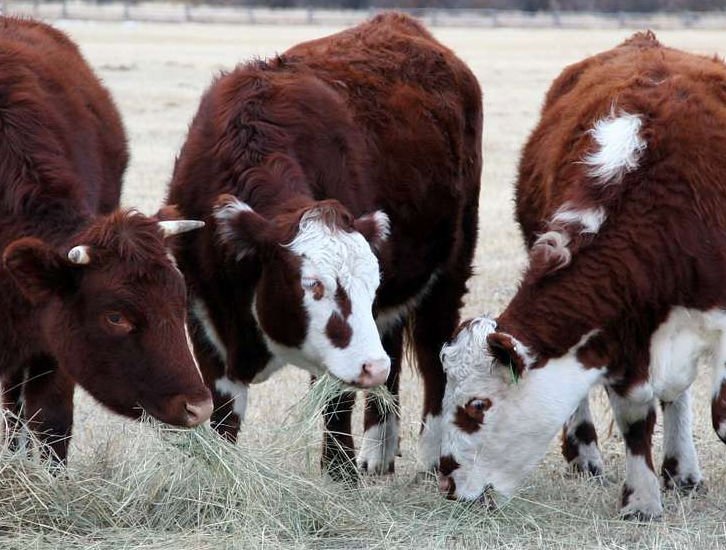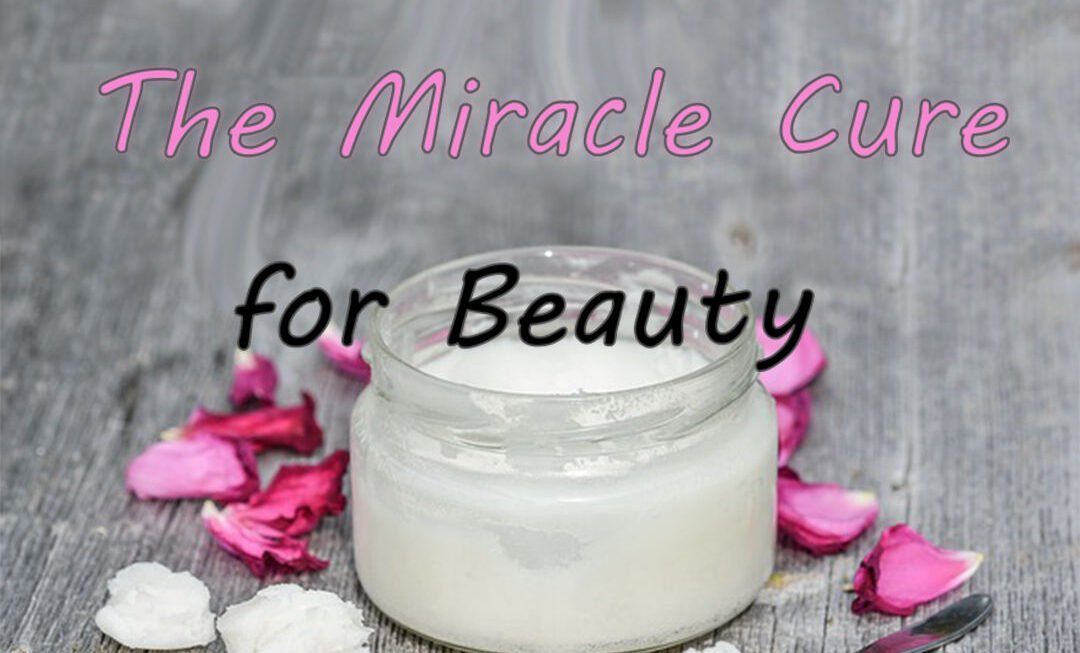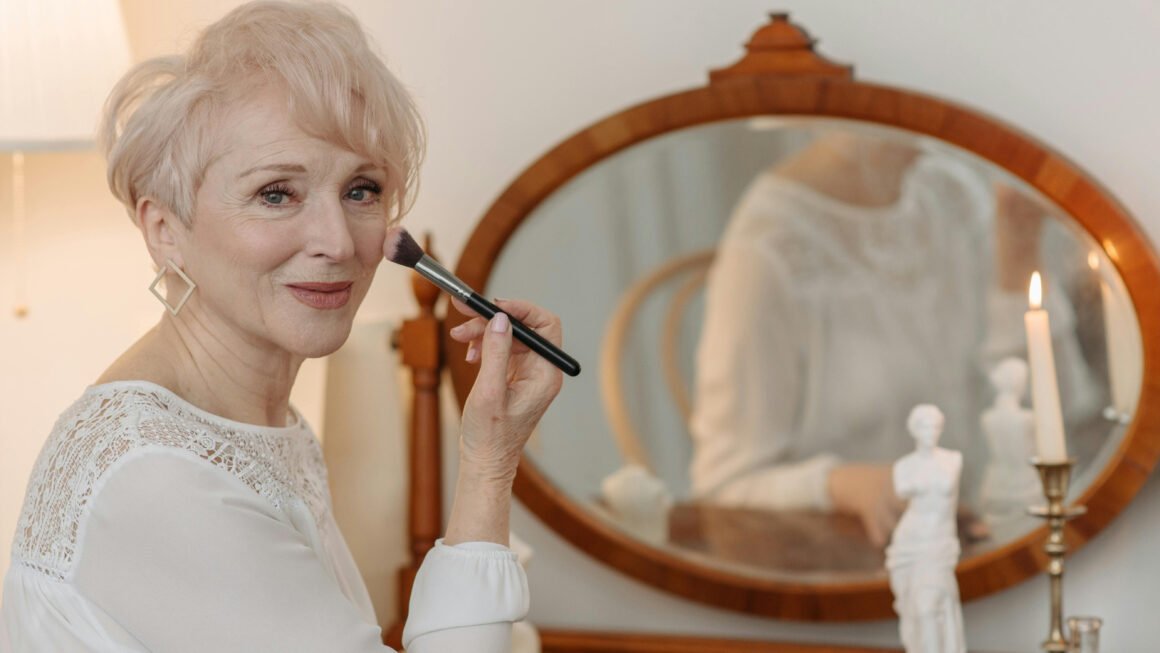Cheese, milk and all that dairy.. Yum!
From lattes and ice cream to pizza and cheeseburgers, dairy is pervasive in the standard Western diet, considered both a staple and a necessary comfort food ingredient. In the United States, the Federal nutrition policy developed by the USDA and the Department for Health and Human Services recommends Americans consume two to three servings of dairy daily as part of a healthy, well-balanced diet.

However, exposure of mass agricultural practices suggest that not all dairy products are created equally and the quality of dairy products may differ drastically based on the presence of growth hormones and antibiotics administered to the livestock. These hormones and antibiotics then travel through the food chain causing adverse health effects for dairy consumers.
As dairy alternatives such as almond milk, coconut yogurt, and soy cheese have become increasingly accessible in recent years, complications with skin and digestive health among dairy consumers has risen, disproving the notion that dairy is a mandatory component of a healthy diet.
Consuming Dairy Can Exacerbate Certain Skin Conditions
Despite its widespread consumption, scientific and anecdotal evidence suggests that dairy products in the diet can have adverse effects on skin health and can exacerbate certain conditions. Understanding the ways dairy relates to the complexion and using or avoiding it accordingly can be a powerful tool for achieving healthy skin.
Acne
Dairy is a highly inflammatory food and can particularly irritate skin that is already prone to breakouts. When the body stays in a constant state of inflammation, its’ ability to naturally heal itself is compromised. Fatty foods, dairy, and sweetened treats can raise the risk of acne in adults. A study by French researchers found that foods such as milk chocolate or sugary drinks could trigger acne in adults.
Eczema
Casein, a protein found in cow’s milk, can be a trigger for eczema. Switching to goat and sheep’s milk products which do not contain casein may be a good alternative for those with eczema who do not want to cut out dairy completely, although the inflammation caused by dairy products of any kind can still contribute to flare ups.
Aging
Consumption of pasteurized dairy has been linked to premature aging of the skin due to the oxidization of proteins that occurs during the process. Digestive enzymes found in dairy are also destroyed during the pasteurization process which decreases the body’s ability to absorb all of the nutrients properly. This can lead to digestive trouble and can contribute to skin breakdown. Switching to raw, unpasteurized dairy products can lessen digestive problems for those with lactose sensitivity and allows for greater absorption of the vitamins and minerals found in milk.
Anti-Aging
When applied topically, antioxidants found in yogurt fight free-radicals which lead to premature aging and wrinkles. Dairy also contains lactic acid which acts as a gentle exfoliator while tightening pores to give the skin a more firm appearance. The 2015 research suggests that probiotics in yogurt may help protect against such signs of aging.
Using Dairy Topically Can Benefit Complexion
Despite the adverse effects of many dairy products when consumed internally, some types of dairy, particularly yogurt, can be an invaluable addition to skincare when applied externally. This can partially be attributed to the living cultures found in yogurt which act as pre- and probiotics, balancing the levels of bacteria found on the skin. As some one who can’t have anything dairy? I am not sure I want to put yogurt on my skin.
Why use yogurt on your skin? Yogurt contains lactic acid, an alpha hydroxy acid, that dissolves dead skin cells. When topically applied to the skin, a velvety yogurt face mask will help moisturize, fight acne, prevent premature aging, relieve sunburn, and reduce discoloration. It’s an all-around beauty multi-tasker.
Decrease Acne
Because of it’s ability to balance levels of good and bad bacteria on the facial biome, a yogurt face mask can help to clear skin by killing acne-causing bacteria. Although dairy is considered an inflammatory food, yogurt applied topically acts as an anti-inflammatory treatment, decreasing facial redness and minimizing the appearance of
breakouts.
It’s thought that yogurt may help create a free radical neutralizing barrier against the skin, which in turn reduces the risk of sun damage-induced age spots and wrinkles.
The best way to reap the benefits of dairy is to apply a layer of plain or Greek yogurt to the face and leave on for about 10 minutes before rinsing off with warm water. Yogurt sourced from organic, grass-fed dairies should be used to avoid contact with growth hormones, antibiotics, and other unwanted contaminants. While yogurt can be used alone, other ingredients can be added to boost results. Mix yogurt with a teaspoon of raw honey for extra moisture or the juice from half a lemon for added brightening power.
Essential oils such as lavender can be added to increase the calming effect on sensitive or inflamed skin. For best results, and to avoid irritating the skin, use a yogurt face mask before applying makeup, or after washing your face before bed, once or twice a week.
If you have a cow’s milk allergy, there are other options to consider. These include plant-based yogurts made from almond and coconut milk, as well as goat’s milk yogurt.
If you have a milk allergy, you should steer clear of traditional yogurt and opt for either goat’s milk or plant-based milk formulas instead.
You might also consider testing a small amount of your face mask on the inside of your elbow beforehand. This process is called a patch test, and it’s done at least 24 hours in advance to help ensure that you won’t develop any adverse reactions to the mask
Talk to your dermatologist before attempting to treat any skin condition on your own.




